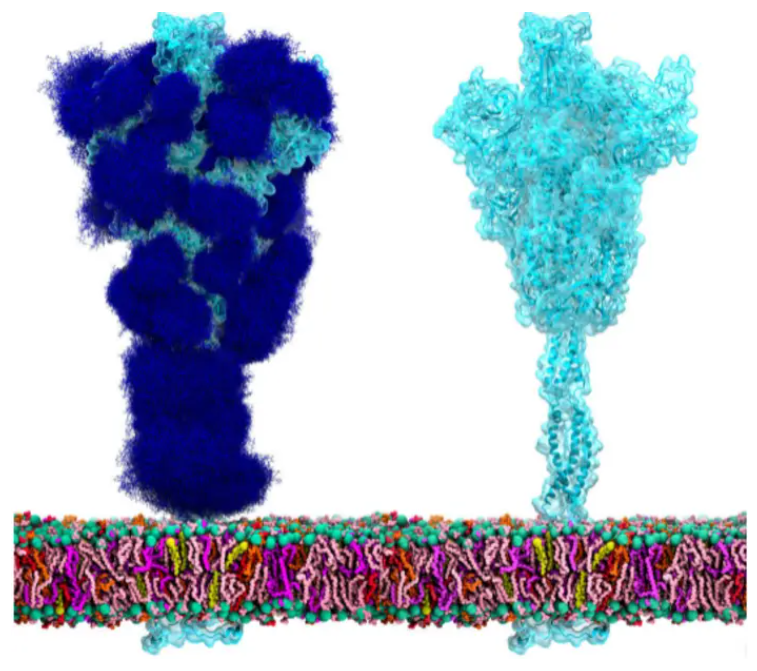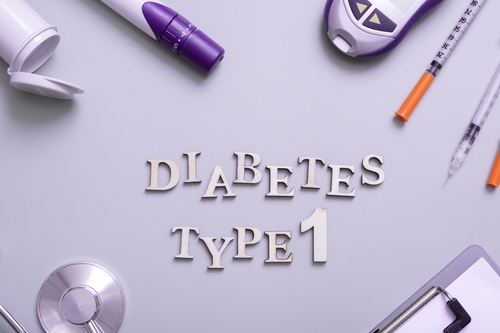
Researchers have been assessing how different rheumatic diseases may affect COVID-19, including through initiatives such as the COVID-19 Global Rheumatology Alliance. An Italian study recently found that rheumatic and musculoskeletal diseases themselves may not be what affects COVID-19, but a patient’s age and comorbidities.
“No data about the prevalence of COVID-19 among patients with rheumatic and musculoskeletal diseases were provided in the initial report of 72 314 cases from the Chinese Center for Disease Control and Prevention. Since then, small case series of SARS-CoV-2 infection in patients with rheumatic and musculoskeletal diseases have been published and several collaborative databases are collecting reports from patients with rheumatic and musculoskeletal diseases, such as the EULAR COVID-19 database (2149 cases up to June 9) and the COVID-19 Global Rheumatology Alliance (1032 cases up to June 4). Based on these limited data, rheumatic and musculoskeletal diseases do not seem to affect the disease course of COVID-19,” the researchers stated, reporting in The Lancet Rheumatology.
This study took place at the Azienda Socio Sanitaria Territoriale (ASST) Spedali Civili of Brescia, Italy. Patients with rheumatic and musculoskeletal diseases from the outpatient clinic with confirmed or possible COVID-19 were identified and asked either in the clinic or by telephone to fill out a survey. A case-control study was also performed in patients with rheumatic and musculoskeletal diseases and confirmed COVID-19 pneumonia admitted to the ASST Spedali Civili of Brescia, who were age- and sex-matched to at least two controls admitted to the center with COVID-19 pneumonia during the same month. Data collection took place between Feb. 24 and May 1.
Rheumatic Disease Type, Pharmacological Therapy May Not Be What Drives COVID-19 Death
Of 1,525 patients with rheumatic and musculoskeletal diseases, 117 (8%) presented COVID-19-compatile symptoms. Of the symptomatic patients, 65 had a swab-confirmed case of COVID-19, while 52 who presented COVID-19-comaptible symptoms were not tested. Patients with confirmed COVID-19 were older than those with suspected cases (median age, 68 years vs. 57 years) and more likely to have arterial hypertension (51% vs. 27%; odds ratio [OR], 2.8; 95% confidence interval [CI], 1.3 to 6.1) and obesity (17% vs. 2%; OR, 11.0; 95% CI, 1.3 to 83.4). Rheumatic disease and background therapy did not largely differ between confirmed and suspected patients. In the confirmed COVID-19 group, 47 patients (72%) were admitted to the hospital for pneumonia. A total of 12 deaths (10%) were reported: 10 in confirmed COVID-19 patients and two in suspected patients. In the confirmed COVID-19 group, patients who died were older than survivors (median age, 78.8 years vs. 65.5 years). Sex, comorbidities, and therapies did not differ between patients who died and survivors.
In the case-control study, final analysis included 26 rheumatic and musculoskeletal diseases patients with COVID-19 and 62 controls. Duration of COVID-19 symptoms before admission, length of hospital stay, and local chest X-ray scoring system did not largely differ between cases and controls. Among the cases, 17 patients (65) received glucocorticoids for severe respiratory manifestations related to lung involvement, and six (23%) received tocilizumab. Four cases (15%) sustained thrombotic events. Four cases (15%) and six controls (10%) died.
“Based on the current findings, pre-existing systemic autoimmune disease and ongoing immunosuppressive treatment do not appear to represent the most important risk factors for SARS-CoV-2 infection and for its final outcome. Instead, mortality seems to be associated more with older age and the presence of comorbidities rather than the degree of pharmacological immunosuppression,” the study authors concluded.







 © 2025 Mashup Media, LLC, a Formedics Property. All Rights Reserved.
© 2025 Mashup Media, LLC, a Formedics Property. All Rights Reserved.